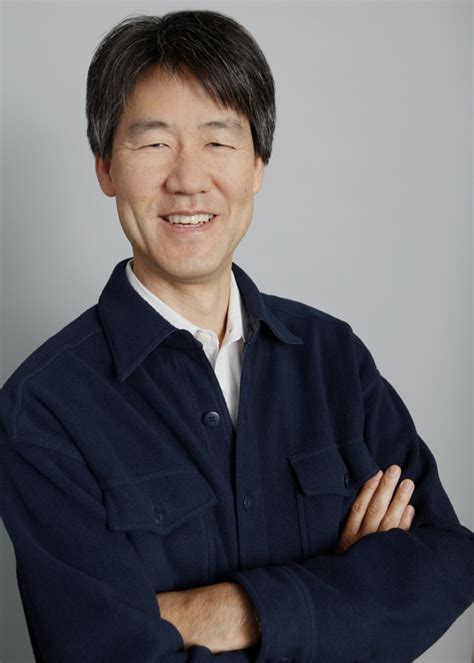A Quote by Paul Keating
In the end it's the big picture which changes nations and whatever our opponents may say, Australia's changed inexorably for good, for the better.
Related Quotes
The systems of stereotypes may be the core of our personal tradition, the defenses of our position in society. They are an ordered more or less consistent picture of the world, to which our habits, our tastes, our capacities, our comforts and our hopes have adjusted themselves. They may not be a complete picture of the world, but they are a picture of a possible world to which we are adapted. In that world, people and things have their well-known places, and do certain expected things. We feel at home there. We fit in. We are members.
The first lesson, simple as it is, is that whatever court we're in, whatever we are doing, at the end of our task some human being is going to be affected. Some human life is going to be changed by what we do. And so we had better use every power of our minds and our hearts and our beings to get those rulings right.
The reason for teaching history is not that it changes society, but that it changes pupils; it changes what they see in the world, and how they see it.... To say someone has learnt history is to say something very wide ranging about the way in which he or she is likely to make sense of the world. History offers a way of seeing almost any substantive issue in human affairs, subject to certain procedures and standards, whatever feelings one may have.
Flying has changed how we imagine our planet, which we have seen whole from space, so that even the farthest nations are ecological neighbors. It has changed our ideas about time. When you can gird the earth at 1,000 m.p.h., how can you endure the tardiness of a plumber? Most of all, flying has changed our sense of our body, the personal space in which we live, now elastic and swift. I could be in Bombay for afternoon tea if I wished. My body isn't limited by its own weaknesses; it can rush through space.
Better contraceptives will control population only if people will use them. A nuclear holocaust can be prevented only if the conditions under which nations make war can be changed. The environment will continue to deteriorate until pollution practices are abandoned. We need to make vast changes in human behavior.
But that Franklin trip changed me profoundly. As I believe wilderness experience changes everyone. Because it puts us in our place. The human place, which our species inhabited for most of its evolutionary life. That place that shaped our psyches and made us who we are. The place where nature is big and we are small.


































